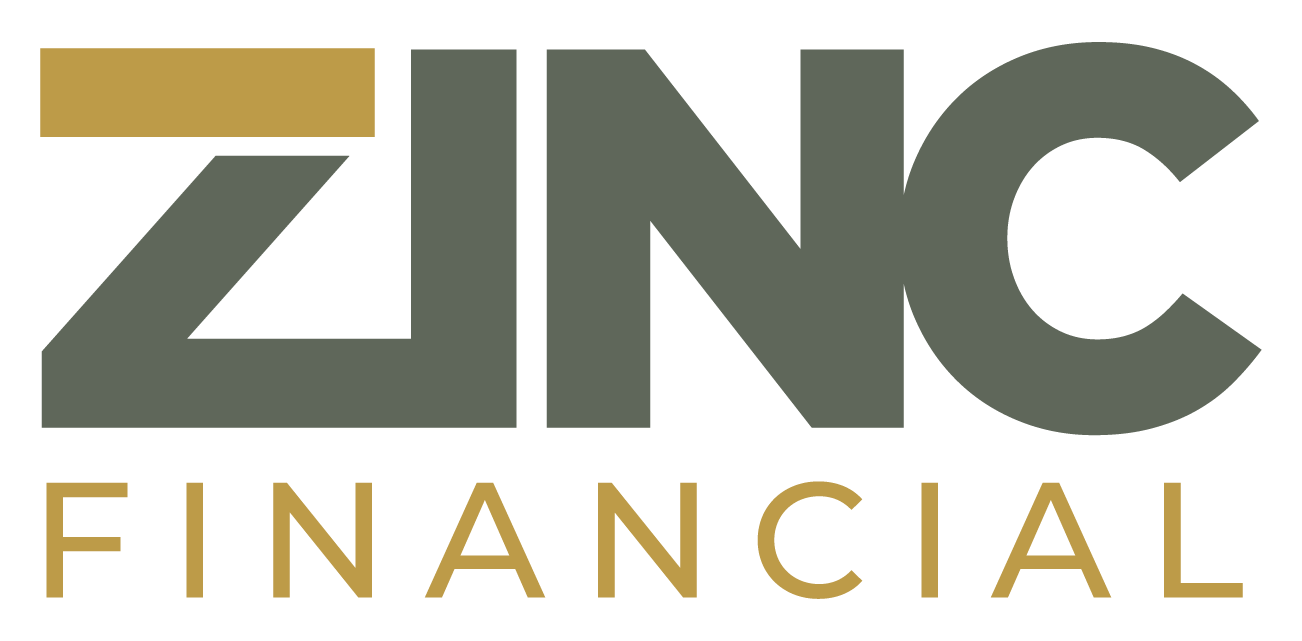When it comes to venturing into the world of real estate investment, one of the most crucial aspects to consider is financing. Most real estate investors utilize loans to fund their property acquisitions, making real estate investment loans a vital topic to understand. In this blog post, we’ll delve into the pros and cons of various types of real estate investment loans, shedding light on the advantages and potential pitfalls to help you make informed decisions.
Traditional Bank Loans
Pros
- Lower Interest Rates: Traditional bank loans are often backed by established financial institutions with competitive interest rates. This can significantly impact your investment’s profitability over the long term. Lower interest rates mean less money spent on interest payments and more money available for other investment opportunities or property improvements.
- Favorable Terms: Traditional lenders typically offer longer repayment terms, which can be particularly advantageous for investors who plan to hold properties for an extended period. This reduces the pressure on the investor to generate high immediate cash flow to cover short-term loans.
- Stability: Working with well-known banks provides a sense of stability and trust. This can be particularly appealing for investors looking for reliable and consistent lending partners for their real estate endeavors.
Cons
- Stringent Qualification: Traditional banks have strict eligibility criteria, which can make it difficult for newer investors or those with less-than-perfect credit to secure loans. This barrier can limit opportunities for investors looking to build their portfolio or those with financial blemishes.
- Lengthy Approval Process: The application and approval process for traditional bank loans can be time-consuming. This can lead to missed opportunities in competitive real estate markets, where swift action is crucial.
Private Money Loans
Pros
- Quick Approval: Private money lenders, often individuals or small groups, can provide faster loan approval, allowing investors to capitalize on time-sensitive real estate deals.
- Flexible Terms: Private money lenders are often more willing to negotiate terms based on the specific investment, allowing for customized agreements that can better align with the investor’s needs and the property’s potential.
- Less Stringent Qualification: Private lenders may focus more on the potential of the investment rather than the borrower’s credit history. This can open opportunities for newer investors who may not meet traditional bank lending standards.
Cons
- Higher Interest Rates: The speed and flexibility of private money loans often come at a cost – higher interest rates compared to traditional bank loans. This can lead to increased borrowing costs and impact the overall profitability of the investment.
- Shorter Repayment Terms: Private money loans may have shorter repayment periods, leading to higher monthly payments. This can affect the property’s cash flow and require investors to have a solid exit strategy.

Hard Money Loans
Pros
- Fast Funding: Hard money lenders specialize in providing rapid financing. This can be extremely beneficial for investors who need immediate capital to secure properties or undertake time-sensitive projects.
- Asset-Based: Hard money loans are primarily based on the value of the property being purchased, making the borrower’s credit history less critical. This can be advantageous for investors with strong property opportunities but weaker credit profiles.
Cons
- High Costs: Hard money loans often come with higher interest rates and fees compared to traditional bank loans or other financing options. These costs can significantly impact the overall expense of the investment.
- Short Repayment Terms: Similar to private money loans, hard money loans often require quicker repayment, which could strain the property’s cash flow. Investors should have a clear plan to either sell the property or refinance within the loan term.
Real Estate Crowdfunding
Pros
- Diversification: Crowdfunding platforms allow investors to participate in a diverse range of real estate projects with smaller amounts of capital. This helps spread risk across multiple properties and reduces the impact of any single investment’s underperformance.
- Access to Deals: Real estate crowdfunding provides access to investment opportunities that might not be available to individual investors, especially those with limited capital or expertise. It’s a way to tap into larger and potentially more lucrative projects.
Cons
- Limited Control: Investors in real estate crowdfunding have limited control over the management and decision-making process of the property. This can be a disadvantage for investors who prefer to have direct involvement in their real estate investments.
- Less Transparency: Evaluating the quality of a crowdfunding investment can be challenging, as all the information is provided by the platform. It’s essential to thoroughly research the crowdfunding platform, the property, and the management team to ensure a sound investment.
FHA 203(k) Loans
Pros
- One Loan for Purchase and Renovation: FHA 203(k) Loans combine the purchase price and the cost of renovations into a single loan. This simplifies the financing process and provides funds for both the acquisition and the necessary improvements.
- Low Down Payment: FHA loans, including 203(k) Loans, often require a lower down payment compared to conventional loans, making it more accessible for investors with limited upfront capital.
- Flexible Credit Requirements: FHA loans have more lenient credit requirements compared to many other loan types, making it easier for investors with less-than-perfect credit to qualify.
Cons
- Strict Property Eligibility: The property must meet specific requirements to be eligible for an FHA 203(k) Loan, and the scope of allowable renovations is also limited. Not all properties or renovation projects will qualify.
- Mortgage Insurance Premium (MIP): FHA loans typically require mortgage insurance, including an upfront premium and ongoing monthly premiums. This adds to the overall cost of the loan.
- Renovation Process Oversight: The renovation process is subject to FHA guidelines and oversight. This can be both a pro and a con, as it ensures that the renovations are done correctly but may also involve more paperwork and inspections.
Home Equity Loans
Pros
- Accessible Capital: Homeowners with equity in their property can tap into this value to fund real estate investments without the need to go through a lengthy application process.
- Lower Interest Rates: Home Equity Loans often have lower interest rates compared to unsecured loans, making them a cost-effective option for accessing capital.
- Potential Tax Deductions: In some cases, the interest paid on a Home Equity Loan may be tax-deductible, providing potential tax benefits for investors.
Cons
- Risk to Homeownership: A Home Equity Loan puts the property at risk, as it serves as collateral for the loan. If the investor is unable to repay the loan, they could potentially face foreclosure.
- Closing Costs: Similar to traditional mortgages, Home Equity Loans may come with closing costs, which can add to the overall expense of the loan.
- Debt Accumulation: Taking out a Home Equity Loan adds to the investor’s debt load, which may impact their overall financial situation and ability to secure additional financing in the future.
In conclusion, the choice of a real estate investment loan depends on your individual circumstances, risk tolerance, investment goals, and the specific properties you’re targeting. Each type of loan has its own set of benefits and drawbacks, and it’s essential to carefully assess these factors before making a decision. Consulting with financial experts, experienced real estate investors, and thoroughly researching loan options can help you make a well-informed choice that aligns with your real estate investment strategy.



